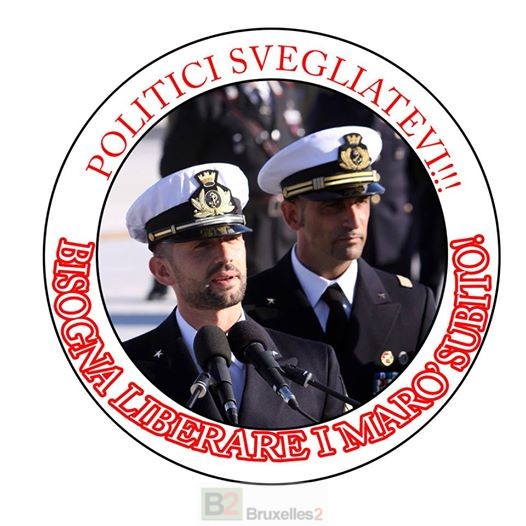One + One = Three
(BRUSSELS2) This is the new European equation. Foreign Ministers agreed yesterday to allow a high-level presence of the European Union (EU) at various meetings. It is a question of ensuring the representation of the High Representative of the EU who cannot physically be everywhere: in Brussels or in the European Parliament, in the capitals, at the UN or on a visit abroad... According to as a minister taking part in the meeting specified, this task would fall in priority to the “ministers (foreign affairs or defence) of the current presidency or rather of the trio of presidencies”. NB: the current trio of presidencies is made up of Spain, Belgium and Hungary; the future trio of Poland, Denmark and Cyprus.
On behalf of the High Representative
This performance has already started. In Yamoussoukro, on Saturday (May 21), it was Belgian Minister Steven Vanackere who represented the EU for the investiture of Ivorian President Alassane Ouattara. And tomorrow, Thursday (May 24), Polish Defense Minister Bogdan Klich will report on the latest meeting of Defense Ministers, “ on behalf of the High Representative…”. (Update) Finally it is Pieter de Crem, the Belgian Minister of Defence, who was mandated for this.
Representation is not information
However, this official representation must be distinguished from other meetings or trips that take place “in consultation” with the High Representative. For example, before his visit to Benghazi the Polish Foreign Minister, Radoslaw Sikorski, spoke with officials of the diplomatic service " to get some information " and " agree on the messages to be delivered on site ". The same was true when the Libyan Foreign Minister, Abdelati Laabidi, met his Cypriot counterpart, Marcos Kyprianou.
This provision is a first practical, but necessary, adaptation of the mechanism put in place by the Treaty of Lisbon which is, indeed, impossible for a single person to maintain. It could make it possible to put an end to the endless remarks on the absence of the EU to such and such a meeting or, worse, to an empty chair. But, in fact, there is also a certain return of weight to the rotating presidencies, which had been excluded (unfairly in my opinion) from their role of representing the EU. It cannot be stressed enough how much the exercise of a European presidency is a tool for European education in most Member States. We thus reinvent the "European troika" which had certain advantages...

